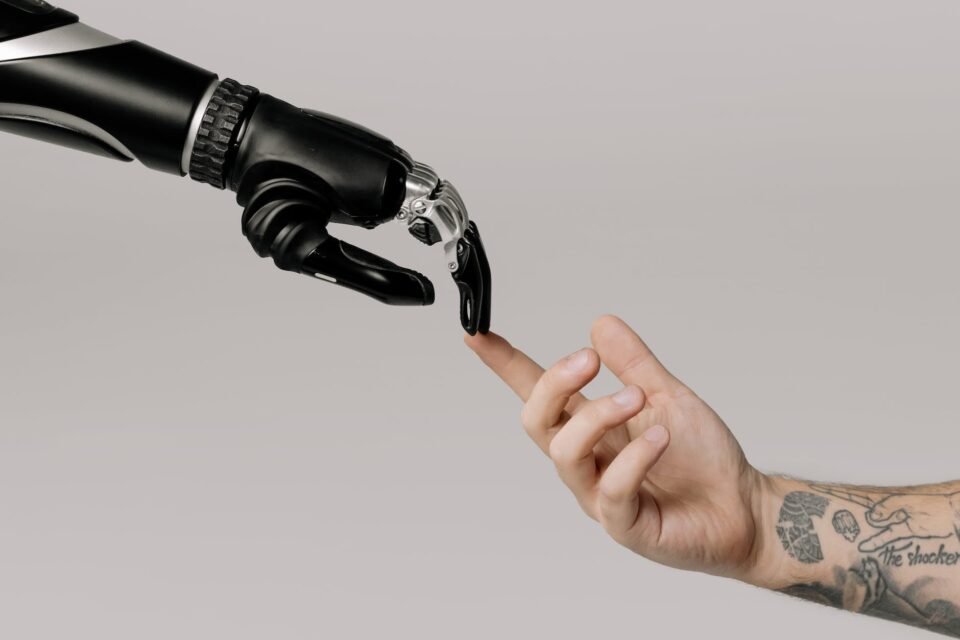Artificial Intelligence (AI) has swiftly become an integral part of our lives, revolutionizing various industries and transforming the way we interact with technology. In recent years, AI has made remarkable progress, pushing the boundaries of what was once deemed impossible. Let’s delve into the current state of AI and explore some of the latest advancements in this exciting field.
Machine Learning and Deep Learning
Machine Learning (ML) and Deep Learning (DL) are two prominent branches of AI that have witnessed significant advancements. ML focuses on creating algorithms that enable machines to learn from data and make predictions or decisions based on that learning. On the other hand, DL, inspired by the structure of the human brain, utilizes artificial neural networks to process and analyze vast amounts of data.
One of the most notable breakthroughs in recent years is the development of AlphaGo, a program created by DeepMind, a subsidiary of Google. AlphaGo defeated the world champion Go player, showcasing the immense potential of AI in complex problem-solving. This achievement marked a turning point in AI research and inspired further exploration into the possibilities of DL.
Natural Language Processing (NLP)
Natural Language Processing (NLP) is another area where AI has made significant strides. NLP focuses on enabling computers to understand and interpret human language, allowing for more natural and efficient interactions between humans and machines.
Virtual assistants like Siri and Alexa have become household names, demonstrating the progress made in speech recognition and language understanding. These AI-powered assistants can now comprehend complex queries, provide accurate responses, and even engage in conversations, making daily tasks more convenient for users.
Computer Vision
Computer Vision is an exciting field of AI that aims to enable machines to perceive and understand visual information, much like humans do. Recent advancements in computer vision have led to significant breakthroughs in areas such as object recognition, image classification, and even autonomous driving.
Self-driving cars have become a tangible reality, thanks to AI-powered computer vision systems. These systems can analyze real-time data from cameras and sensors, enabling vehicles to navigate roads, detect obstacles, and make informed decisions. The progress in computer vision has not only made transportation safer but has also opened up new possibilities in various industries, including healthcare, manufacturing, and security.
Robotics and Automation
AI has also revolutionized the field of robotics, making significant advancements in automation. Robots powered by AI algorithms can now perform complex tasks with precision and efficiency, reducing human error and increasing productivity.
From assembly line robots to surgical robots, AI has enabled machines to take over repetitive or dangerous tasks, freeing up human workers to focus on more creative and strategic activities. This collaboration between humans and robots has the potential to reshape industries and improve the overall quality of work.
Ethical Considerations and Future Implications
As AI continues to evolve and become more integrated into our lives, it raises important ethical considerations. Issues such as privacy, bias, and job displacement require careful attention and regulation to ensure that AI technologies are used responsibly and for the benefit of society.
The future implications of AI are vast and exciting. As technology progresses, AI has the potential to enhance healthcare, accelerate scientific discoveries, and address global challenges. However, it is crucial to strike a balance between innovation and ethical considerations to ensure that AI serves humanity’s best interests.
In conclusion, the current state of AI is brimming with remarkable advancements. From machine learning and deep learning to natural language processing, computer vision, and robotics, AI technologies continue to reshape industries and improve our daily lives. As we navigate this AI-driven era, it is essential to embrace the potential of AI while keeping a watchful eye on the ethical implications and ensuring that AI remains a force for good.
